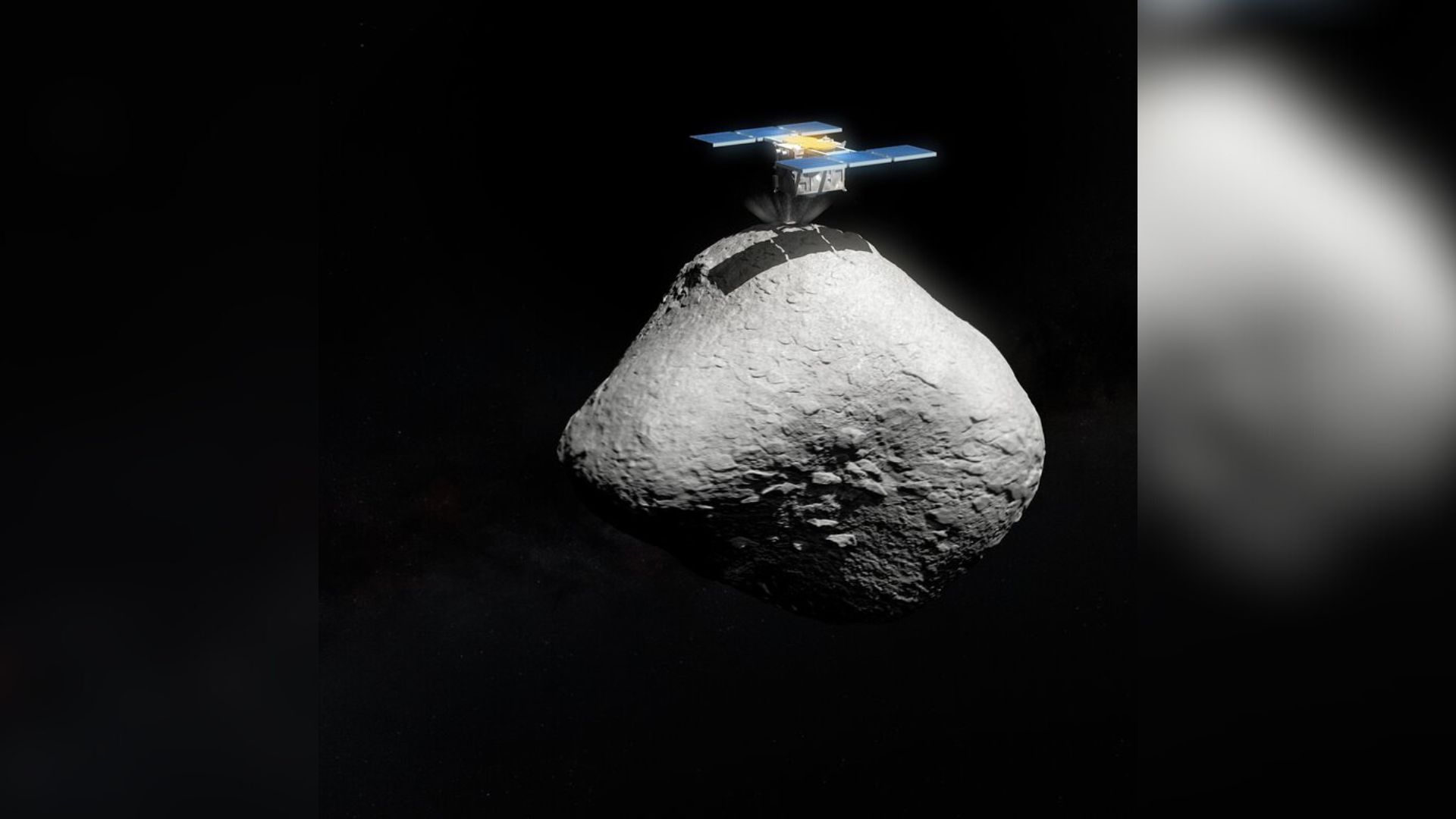Virgin Galactic further delays SpaceShipTwo test flights, pushing tourist flights to 2022
Virgin Galactic won't be launching tourists to space this year after technical tweaks delayed the company's upcoming test flight by more than two months.
During a fourth-quarter earnings call reporting financial results from 2020 held on Thursday (Feb. 25), company representatives announced that Virgin Galactic will be delaying the next test flight for its SpaceShipTwo suborbital vehicle to likely May to take care of technical issues, according to SpaceNews. The delay will push the company's first space tourist flights to 2022.
Regarding the upcoming test flight, company officials cited needed technical changes to the vehicle revealed by the Dec. 12 aborted suborbital test flight of the vehicle, which was caused by electromagnetic interference (EMI), according to SpaceNews. Virgin Galactic officials said that EMI caused a flight computer to reboot at the same time that SpaceShipTwo's engine ignited. There were no injuries to the vehicle's two pilots during the aborted flight, and the vehicle landed safely.
Related: How Virgin Galactic's SpaceShipTwo works (infographic)
After the incident, an investigation revealed that a new flight control computer system likely caused the increased EMI that triggered the abort. Virgin Galactic planned for a follow-up test flight to occur as early as Feb. 13. But after trying to fix the issue, company engineers noted continuing EMI issues and decided to once again delay, using the time to modify the computer that is creating the interference and test the new system before attempting another flight.
"We saw some of our sensor readings — pressures and temperatures, those kinds of things — show some unusual fluctuations, which let us know EMI was still present and maybe in systems we didn't initially anticipate," Virgin Galactic president Mike Moses said on the call, according to SpaceNews.
Following these updates and testing with the new system, Virgin Galactic plans to get the vehicle off the ground for this test flight in May, followed by two more test flights. The first of those additional flights will hold only the two pilots, while the second will include Virgin Galactic employees riding along as test passengers in the vehicle's cabin. These test flights will be followed by a fourth flight for the Italian Air Force, which will carry research payloads along with payload specialists.
Breaking space news, the latest updates on rocket launches, skywatching events and more!
The company expects these flights to take place this summer, Virgin Galactic CEO Michael Colglazier said on the call, according to SpaceNews.
New vehicle, new year
The company also announced on the call that it will be rolling out the next iteration of its suborbital vehicle, dubbed SpaceShip III, on March 30. Following this rollout, the company aims to start flight testing the vehicle in the summer, at the same time as SpaceShipTwo.
"The Future of the Fleet. Rollout, March 30th," Virgin Galactic tweeted yesterday (Feb. 25) along with a promo image of what appears to be the vehicle.
The Future of the Fleet.Rollout, March 30th. pic.twitter.com/Y6Y3NvNTDpFebruary 25, 2021
Following these tests, the company will "implement enhancements and accelerate some long-term maintenance updates" to the WhiteKnightTwo aircraft, also known as VMS Eve, which carries both suborbital vehicles up into the air, Colglazier said on the call, according to SpaceNews.
Then, it will be time for paying customers to step aboard, he said. "At the conclusion of this period, we expect that VSS Unity will begin flying private astronauts and SpaceShip III will be in a position to complete its flight testing, which we expect to be in early '22," Colglazier added.
Despite the continued delays, for which representatives partially placed blame on the coronavirus pandemic, the company is excited about the year ahead.
"Looking ahead, we're focused on completing our test flight program, expanding our fleet of spaceships and motherships, and developing our unique and transformative customer experience," Colglazier said about the company's 2020 progress in a press release following the call.
Email Chelsea Gohd at cgohd@space.com or follow her on Twitter @chelsea_gohd. Follow us on Twitter @Spacedotcom and on Facebook.
Join our Space Forums to keep talking space on the latest missions, night sky and more! And if you have a news tip, correction or comment, let us know at: community@space.com.

Chelsea “Foxanne” Gohd joined Space.com in 2018 and is now a Senior Writer, writing about everything from climate change to planetary science and human spaceflight in both articles and on-camera in videos. With a degree in Public Health and biological sciences, Chelsea has written and worked for institutions including the American Museum of Natural History, Scientific American, Discover Magazine Blog, Astronomy Magazine and Live Science. When not writing, editing or filming something space-y, Chelsea "Foxanne" Gohd is writing music and performing as Foxanne, even launching a song to space in 2021 with Inspiration4. You can follow her on Twitter @chelsea_gohd and @foxannemusic.

